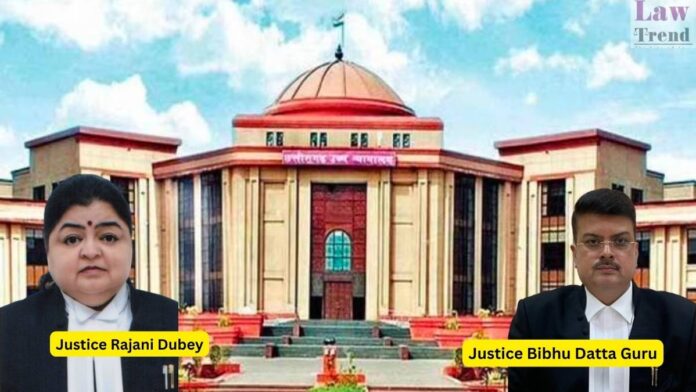The Chhattisgarh High Court, in its recent ruling on WP(227) No. 467 of 2023, reaffirmed the principle that procedural irregularities should not overshadow substantive rights or result in injustice. The case involved a dispute between landlords Krishna Kumar Kahaar and Shobha Kumari, and their tenant, Dashoda Bai Dhivar, over eviction and arrears of rent. The
To Read More Please Subscribe to VIP Membership for Unlimited Access to All the Articles, Download Available Copies of Judgments/Order, Acess to Central/State Bare Acts, Advertisement Free Content, Access to More than 4000 Legal Drafts( Readymade Editable Formats of Suits, Petitions, Writs, Legal Notices, Divorce Petitions, 138 Notices, Bail Applications etc.) in Hindi and English.




